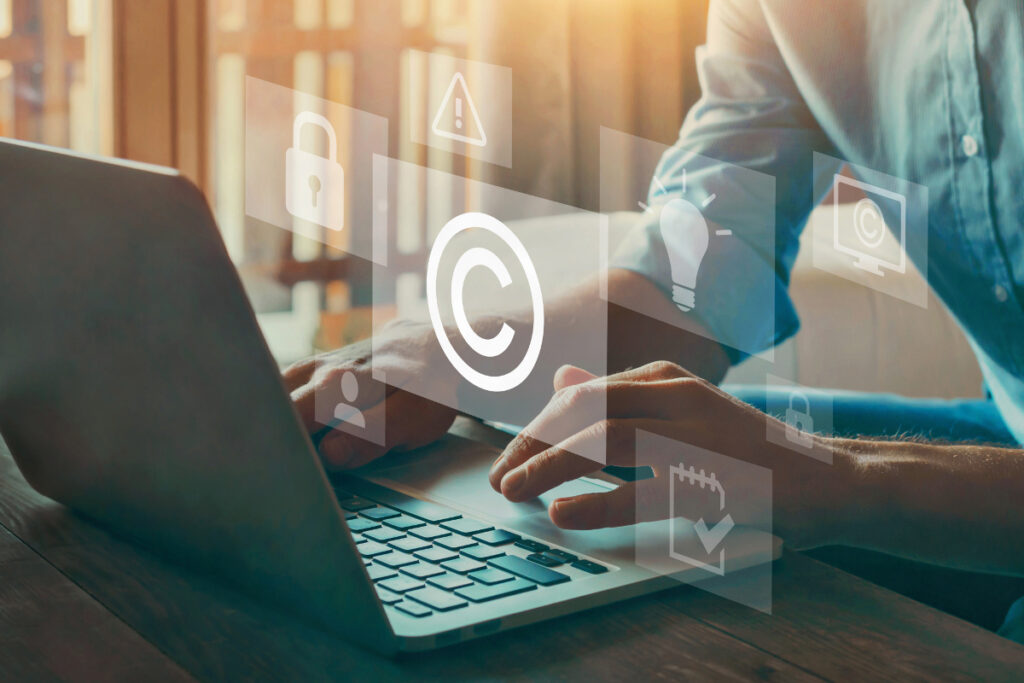The U.S. Copyright Office has released the first part of its report on AI, calling for new legislation to address the challenges posed by digital replicas. This comes as senators introduce the NO FAKES Act to tackle similar issues.
Federal Law Needed to Combat AI Deepfakes
The Copyright Office’s report recommends that Congress establish a federal right protecting individuals from unauthorized distribution of their digital replicas during their lifetime. This recommendation stems from the increasing proliferation of AI-generated digital replicas, which can accurately mimic people’s voices and appearances.
The Dangers of Digital Replicas
While digital replicas have some benefits, such as enabling performances by retired artists, they pose significant risks. These include the creation of explicit content without consent and the spread of political misinformation. The report cites examples like a viral fake Drake and The Weeknd song and a robocall imitating President Biden’s voice to discourage voting.
Current federal laws are deemed inadequate to fully address these issues, as they often apply only in specific circumstances or to well-known figures. The Copyright Office argues for a more comprehensive, nationwide remedy.
NO FAKES Act Introduced
Concurrently, a bipartisan group of senators has officially introduced the NO FAKES Act (Nurture Originals, Foster Art, and Keep Entertainment Safe). This legislation would make individuals and companies liable for damages if they create, host, or share unapproved digital replicas. It includes provisions for taking down such content and exemptions for protected speech like documentaries or parodies.
Federal Law Deemed More Effective Than Preemption
Interestingly, while the NO FAKES Act proposes to preempt state laws on digital replicas, the Copyright Office recommends against preemption. They argue that a non-preemptive federal law would provide greater clarity and minimize potential litigation over its scope.
Future AI Reports
This report is the first in a series exploring AI-related copyright issues. Future installments will address topics such as the copyrightability of AI-generated content, the legal implications of training AI models on copyrighted work, licensing, and liability allocation.
The Copyright Office’s efforts began in early 2023 and involved extensive stakeholder input, including over 10,000 public comments from various sectors. This comprehensive approach underscores the complexity and urgency of addressing AI-related copyright challenges in the rapidly evolving digital landscape.

